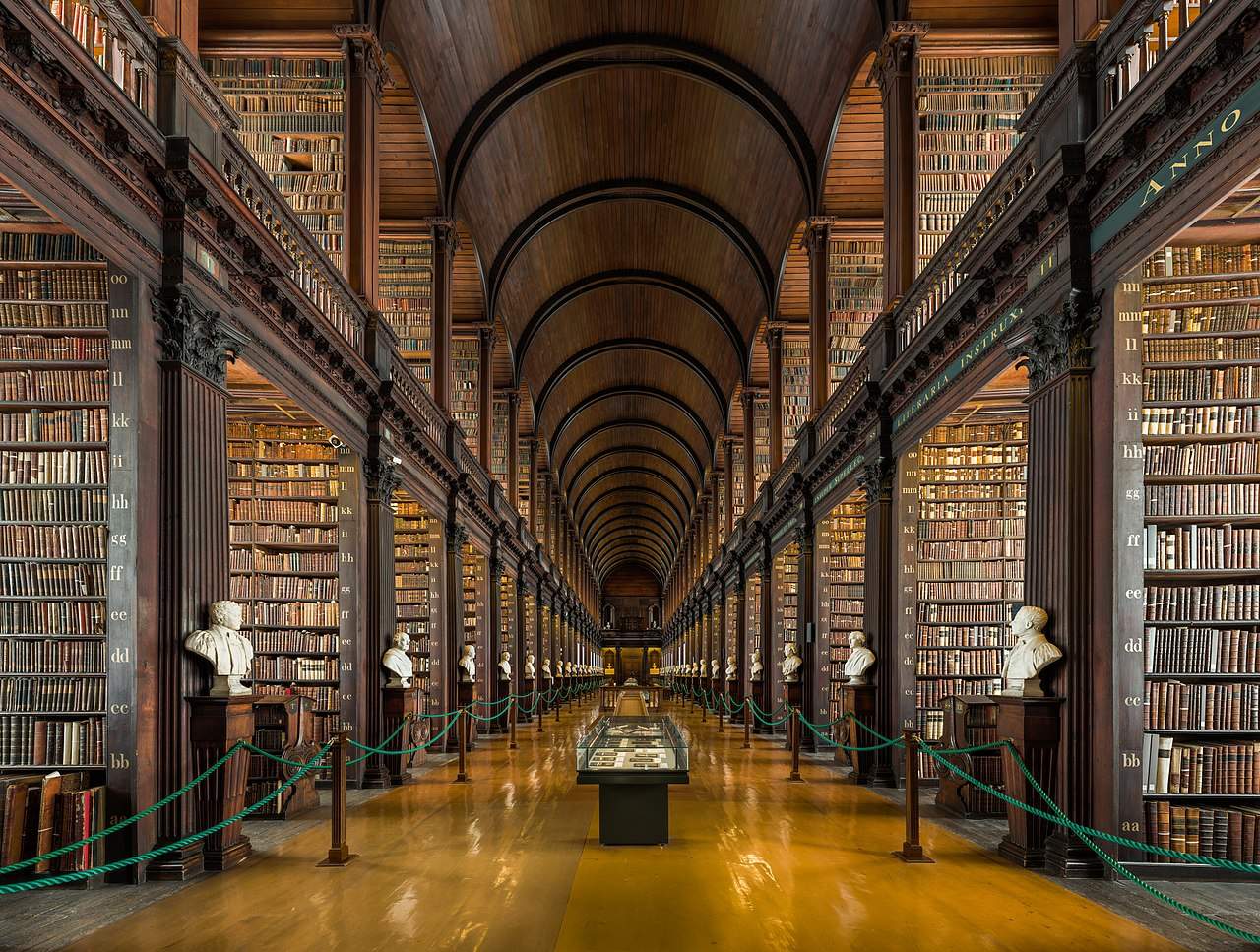FromIreland will come a measure that could set an important precedent for other countries as well: the country has decided to establish a basic income for artists and cultural workers, with a total allocation of 25 million euros for a program that will run for three years. It will help about 2,000 artists. Suggesting the measure was the “unprecedented damage” (so Ireland’s culture minister, Catherine Martin) caused to the sector by the Covid-19 pandemic.
Last Jan. 6, Catherine Martin launched an online consultation on the program, called Basic Income for the Arts (BIA) to ask arts and culture workers, as well as the public, for their opinions on the measure. It is an online survey open to all, which will end on January 27. The online consultation follows an initial stakeholder meeting on Dec. 15 that saw more than 150 participants, including artists, arts workers, representative bodies, gather to discuss the proposal and provide opinions and feedback to the minister and her department.
“I allocated 25 million euros in 2022 for the basic income pilot program for the arts,” Martin said. “This is a key priority for me and my department. I am determined to ensure that the pandemic does not do permanent damage to the arts sector and that the program helps ensure that the arts in Ireland come back stronger than ever.”
The purpose of the online consultation is to ensure that the general public, artists and those working in the arts and culture sector have an opportunity to contribute to policy development for the pilot program and to offer suggestions from their experiences as artists, cultural workers and members of cultural organizations on key issues such as program objectives, eligibility criteria, support for emerging artists and participant responsibilities.
“I encourage all stakeholders,” Martin added, “to participate in the online consultation for the Basic Income for the Arts pilot program. Your views will help shape the final shape of the pilot program when it is launched in the coming months. This is a once-in-a-lifetime policy intervention, a measure that I believe will hopefully reshape the arts landscape for many years to come. Our culture and the arts are a fundamental expression of who we are as a nation. Our rich cultural heritage is one of our greatest assets, and our artists weave a sense of identity, creativity and belonging into the fabric of our communities. The inherent social value of culture and the arts was especially evident during the pandemic, during which it provided color, light and hope in uncertain times.”
The Basic Income for the Arts pilot project, Catherine Martin noted, will be launched in the coming months, and further details will be posted on the Department of Tourism, Culture, Arts, Gaeltacht, Sports and Media website after the feedback and input from the online consultation has been evaluated and finalized.
Pictured: the Old Library of Trinity College Dublin. Photo by David Iliff
 |
| Ireland will introduce a Basic Income for the Arts. Online consultations begin |
Warning: the translation into English of the original Italian article was created using automatic tools. We undertake to review all articles, but we do not guarantee the total absence of inaccuracies in the translation due to the program. You can find the original by clicking on the ITA button. If you find any mistake,please contact us.